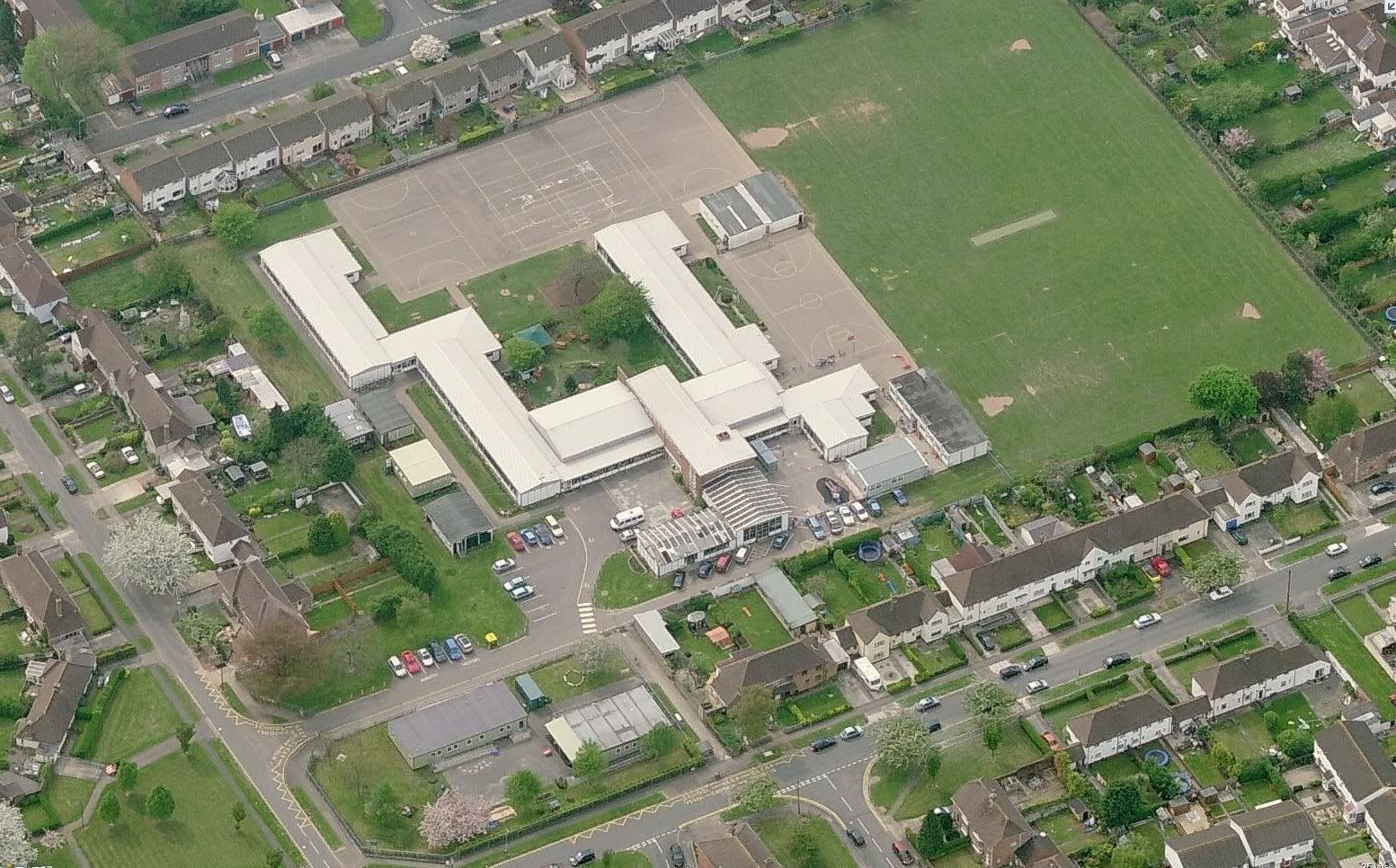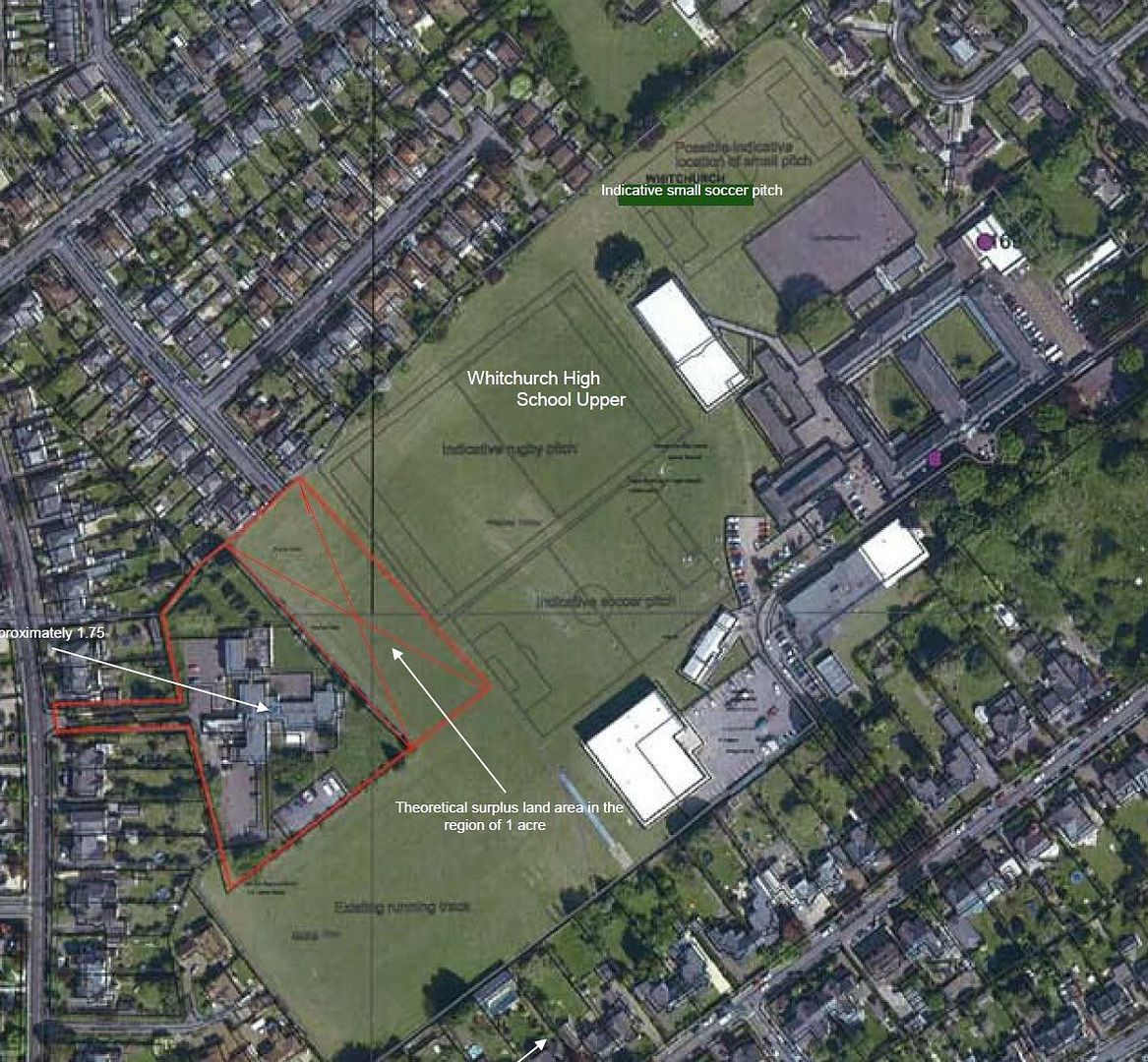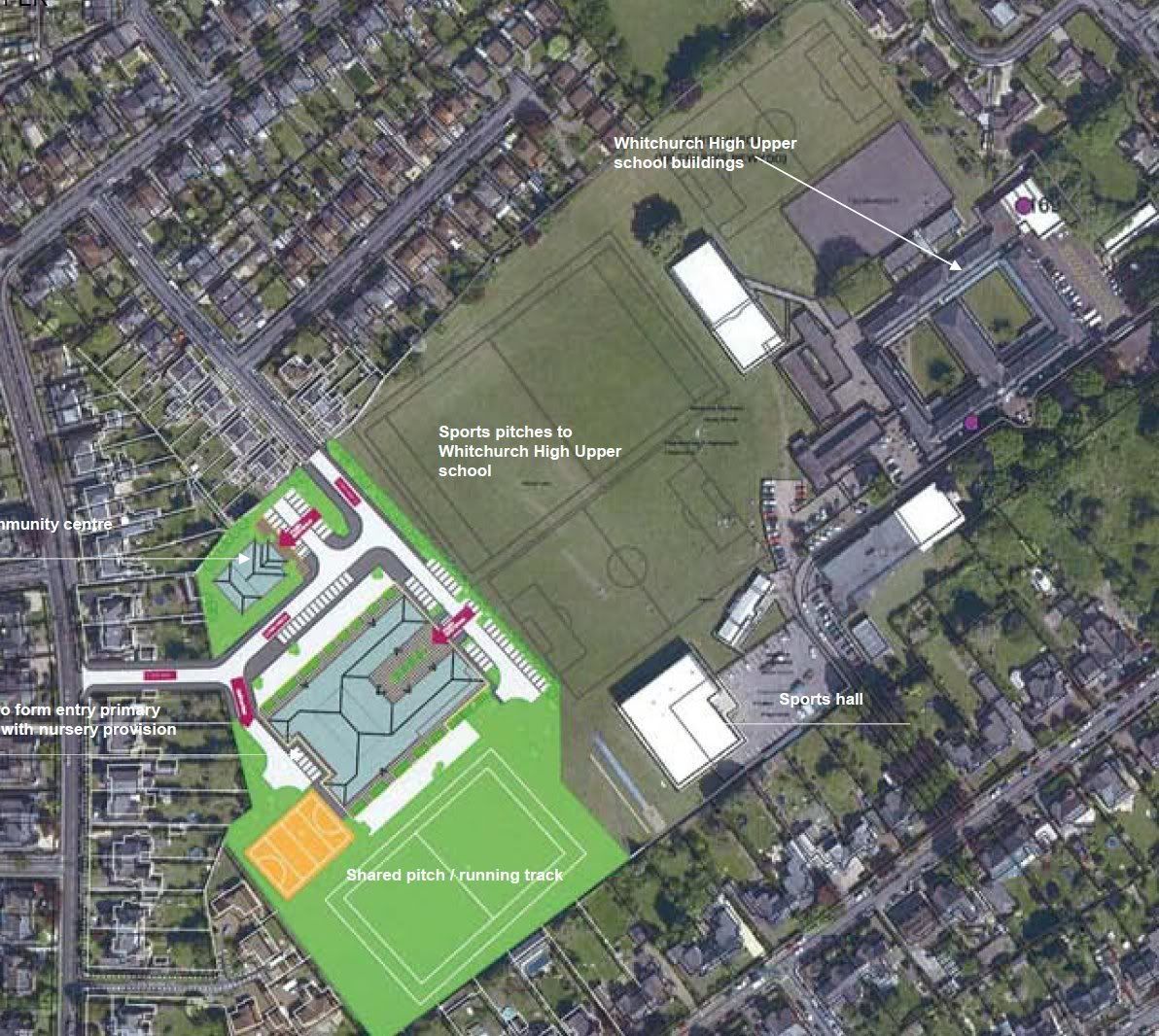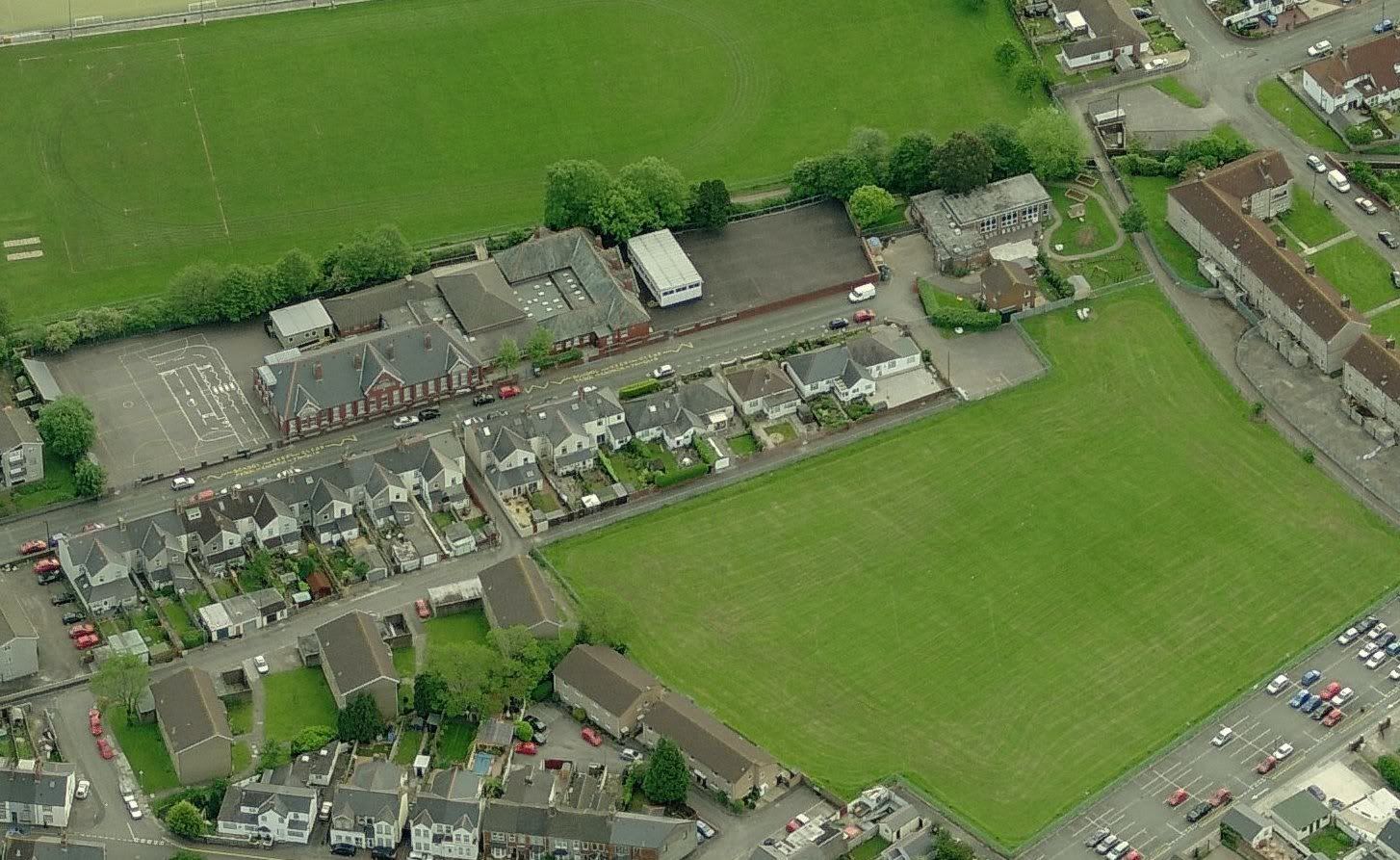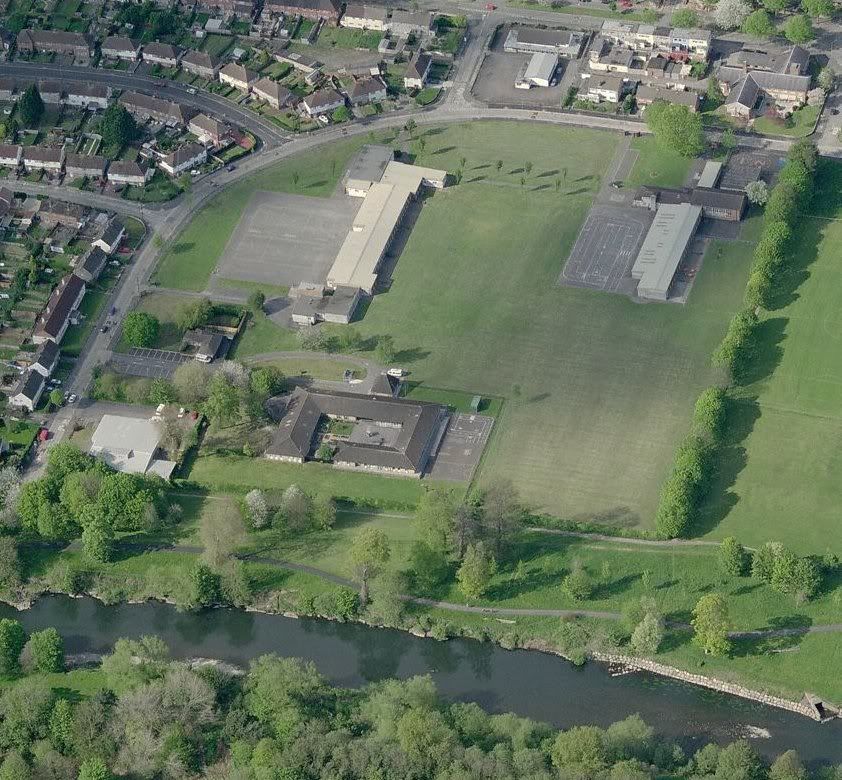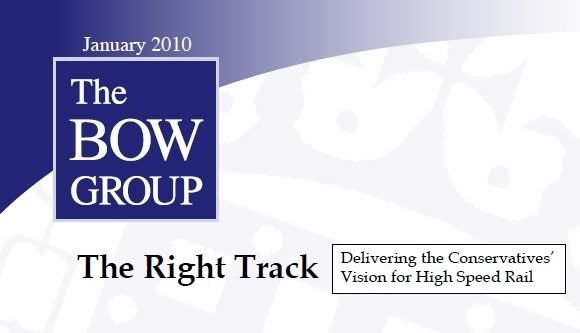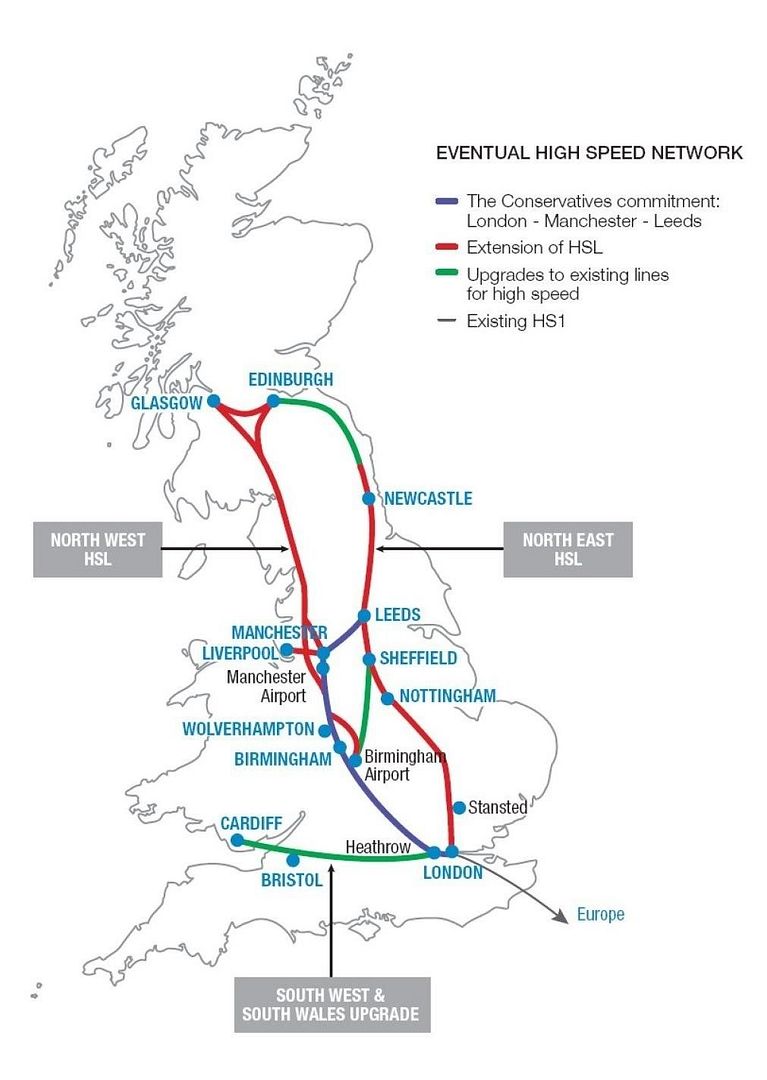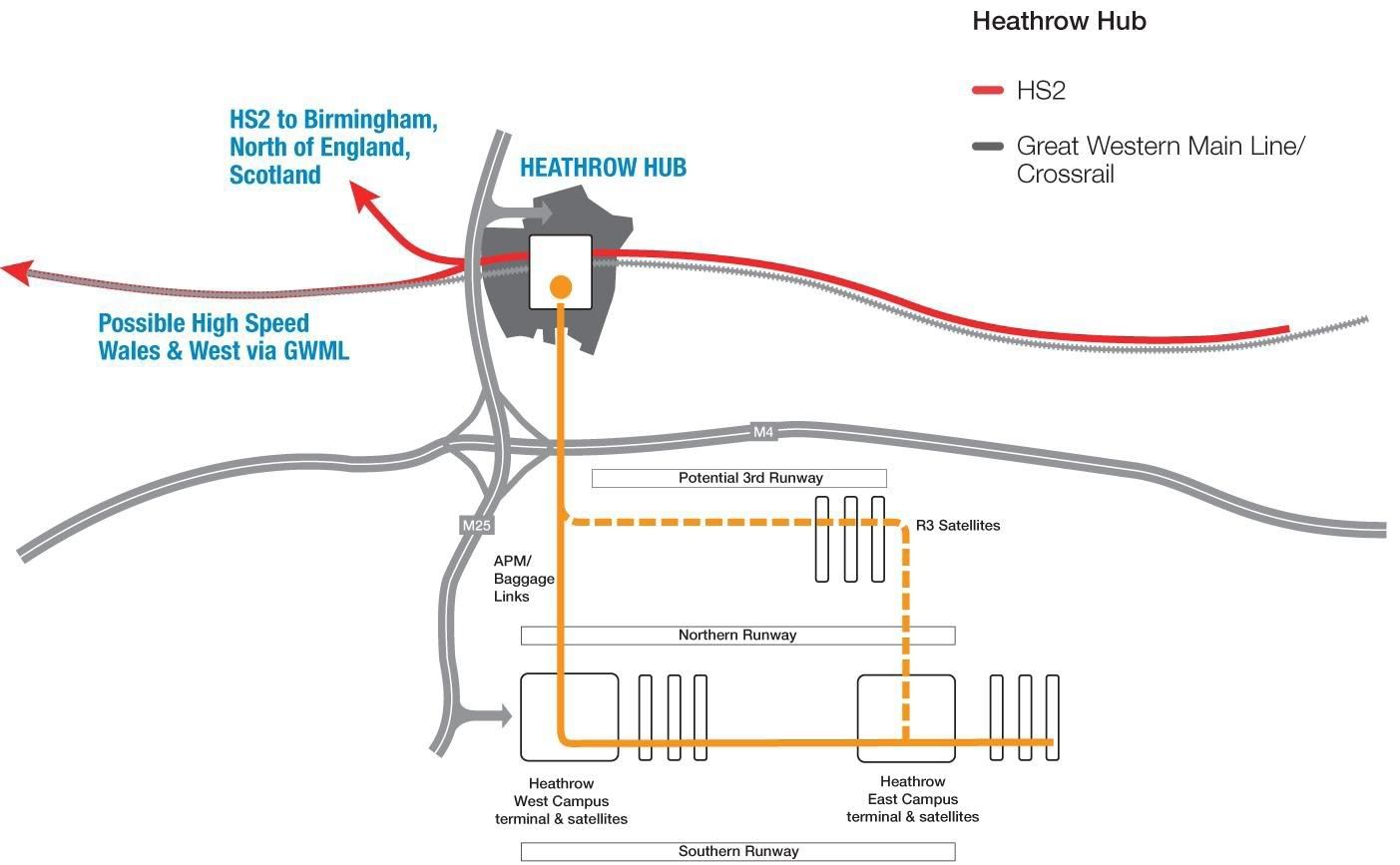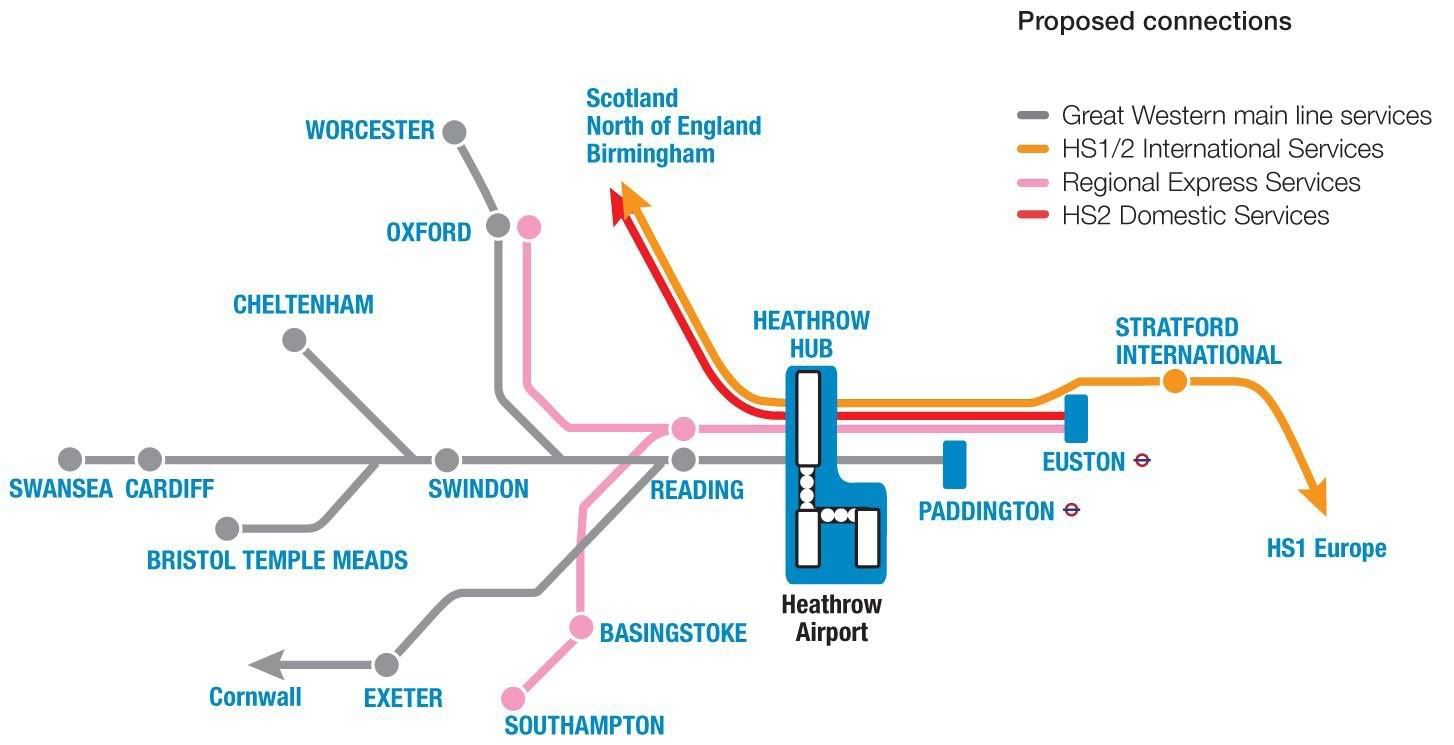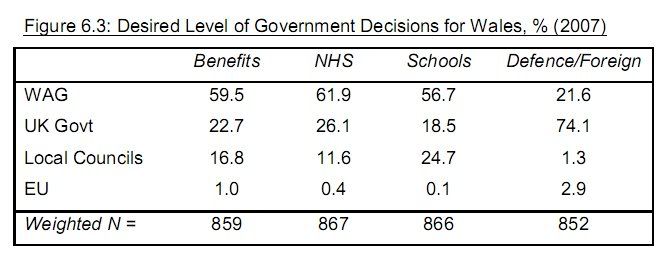The BBC and others ran this story on Friday without particularly highlighting the huge economic impact it would have on Wales:
Intercity train upgrade postponed until after election
The completing the contract to provide new trains to replace the backbone of the service between south Wales and London Paddington has been put on hold by the Labour Government ... until after the election.
Lord Adonis said difficulties with finance and slowing passenger growth had affected the project.
A "reduction in the capacity of the debt market to support the transaction" had made an impact, he said. But he added that good progress had been made, with Agility Trains being announced as the preferred bidder in February 2009. It was "not appropriate" to enter the contract before the election, he said.
The government had also had to identify "appropriate adjustments" after it and Network Rail committed to electrifying the Great Western Main Line from 2016.
"This has inevitably extended the contractual negotiations, which are not yet complete and would not be so until mid-March at the earliest. In all the circumstances, the government does not believe it would be appropriate to enter into this particular contract in the immediate run-up to a general election," Lord Adonis said.
He said Sir Andrew Foster, former controller of the Audit Commission, would provide an independent assessment within three months of the "value for money of the programme and the credibility and the value for money of any alternatives which meet the programme's objectives".
"Appropriate adjustments" and "an independent assessment of credibility" are, to my way of thinking, rather obvious ways of saying that the Labour Government in Westminster are now backing themselves away from their commitments to upgrade the route, a commitment that we in Wales fought hard for and thought we had secured. See here, here and here.
Now of course this contract is only for the trains, rather than for electrification of the line itself. But obviously we can't have an electrified service between Swansea and London unless we have both. The cost of electrifying the line is about £1.1bn, but the cost of this contract for trains is much larger, about £7.5bn in total for the GWR and East Coast main line. So if we can't get the finance right for the big part, we might as well forget about the far smaller matter of electrifying the line.
![]()
![]()
![]()
Now the one thing that the BBC didn't really grasp was the financial aspect of the story. The BBC stated that Agility Trains (the preferred bidder) was a consortium made up of John Laing, Hitachi and Barclays. Wrong.
On the very same day—just as it happens—Bloomberg in America broke the news that Barclays had in fact pulled out of the consortium:
Barclays Withdraws from Hitachi’s $11.4 Billion UK Train Bid
Update
The critical part of the story is:
Barclays Private Equity, the buyout unit of Barclays Plc, Britain's second-biggest bank, withdrew from Agility in November, according to Alistair Dormer, the bid group's chief executive officer.
"Barclays decided not to continue with the bid," he said in a phone interview. "They decided to invest in other projects."
Note the date. Barclays withdrew several months ago. So what's actually happening behind the scenes and why hasn't this been made public until only a few weeks before the election?
The obvious answer is that Barclays won't provide the finance, and that it is proving very difficult to get any other private company to do it. That's why Hitachi has bought out Barclays share ... but that of course would leave the consortium struggling, and that is why the bid now seems doomed. But, if it falls, are there viable alternatives? And even then, what of the delay?
![]()
![]()
![]()
![]()
Now I don't have the answers. But there is one thing I'm sure of ... and angry about. This Labour government either doesn't have the first clue about how to solve the problem, or doesn't want to solve the problem. Why else leave things for four whole months and then, rather than make a decision, announce that they won't do anything until after the election, when—as we all know—they will no longer be in power ... nor deserve to be.
That is nothing but cynical political buck passing. They are afraid to announce what can only be bad news until after this Westminster election. But you can be sure we would then see Peter Hain and Cobweb Jones going into the 2011 Assembly elections saying that Labour was going to deliver on electrification ... but that the Tories came in and scrapped it.
It's a cheap electoral trick that might well have been lost in the fine print of the business pages, rather than being played out in the full glare of the spotlight in Wales. No wonder Labour were looking so pleased with themselves this weekend:

Now perhaps the Tories will find a way to provide to upgrade the line ... but perhaps they won't. They do have some good ideas for rail infrastructure, as Penddu noted here. But I would be willing to bet that their priority would be to do exactly what the Bow Group says: Heathrow airport, the midlands and the north of England first, then on to Scotland.
If we want the best for Wales, our only hope is to elect enough MPs who will put the interests of Wales at the forefront of the agenda. Labour have just failed us on this, the Tories are looking in a different direction ...
... so I'm sure you can work out the rest for yourselves.

